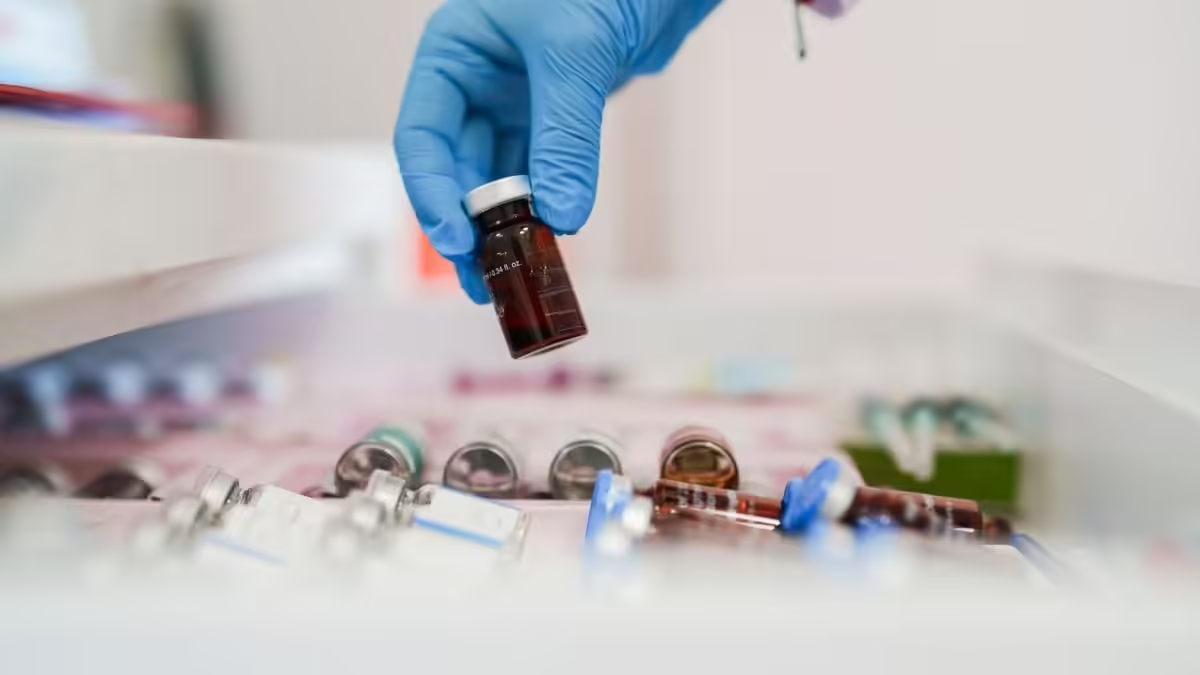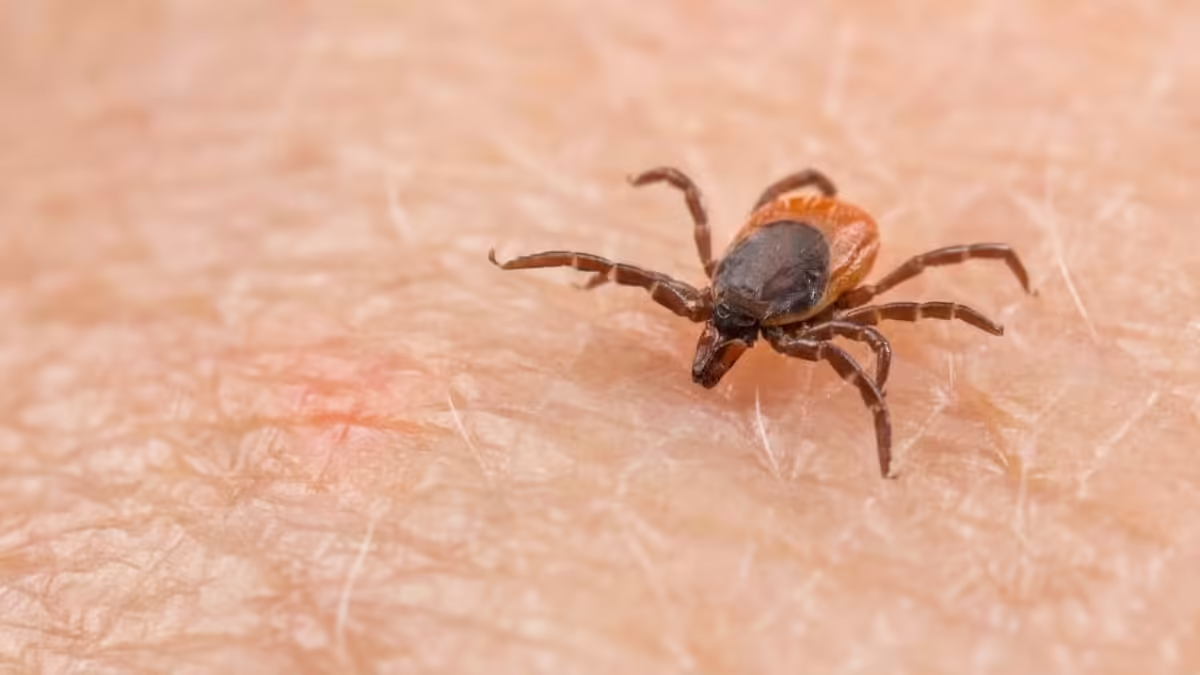Researchers at the Medical Research Council Laboratory of Medical Sciences and Imperial College London, in collaboration with Duke NUS Medical School in Singapore, have achieved a significant breakthrough in increasing the healthy lifespan of mice by nearly 25%. They achieved this by inhibiting a protein called interleukin 11 (IL-11).
The research team tested the effects of IL-11 by creating genetically modified mice that lacked the gene responsible for producing IL-11. They also administered an anti-IL-11 antibody injection to 75-week-old mice, neutralizing the harmful effects of IL-11.
Published in the journal Nature, the study reveals that blocking IL-11 might have a substantial impact on longevity and offers promising insights for potential similar effects in humans. However, separate clinical trials are needed to confirm this.
The anti-IL-11 approach stands out among other proteins and rejuvenation interventions due to its clear path to human testing, which has been a significant hurdle for many other promising animal model treatments.
“There’s a real opportunity here to translate this into clinical therapies,” says Cathy Slack, a researcher specializing in the biology of aging at the University of Warwick, UK. “And that’s where the field is kind of stuck at the moment.”
Chronic inflammation is known to lead to diseases associated with aging. As the body ages, it accumulates damaged proteins and molecules, which can affect the immune system, leading to infections and triggering inflammatory responses that may cause cancer or other autoimmune disorders.
The connection between IL-11 and aging was not well understood until molecular biologist Anissa Widjaja made the discovery by accident, highlighting the potential for this research to pave the way for new treatments aimed at extending healthy lifespan and combating age-related diseases.



